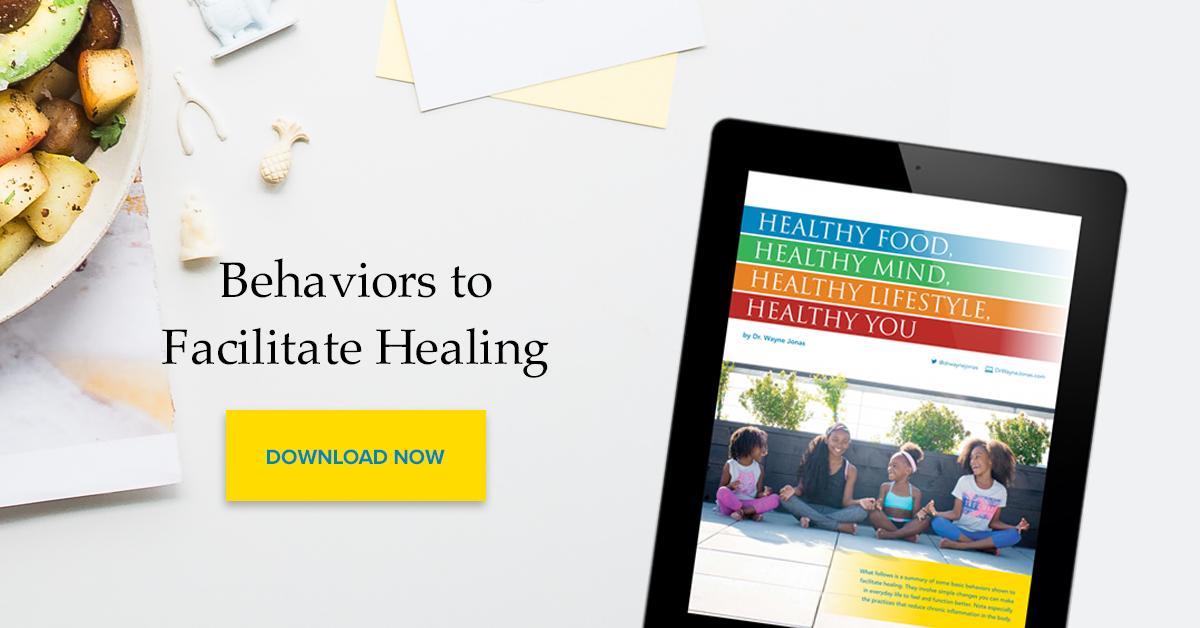Only about 15 to 20 percent of health-related outcomes are attributable to medical interventions. Nonmedical determinants have a great impact on health. The rest are related to health behaviors such as diet, physical activity, and smoking status, with the physical, social, and economic environment affecting a person’s ability to make healthy choices and access medical care.
It’s important that non-healthy behaviors don’t become habits that negatively affect our wellbeing. Bad habits, even those formed by pleasurable experiences, can be broken.
It can help to make a conscious mental choice to improve health through awareness, intention, and reflection.
Awareness
Awareness is a component of your internal self, which can dictate your behaviors and thereby prevent or end habits. Being aware means understanding your body and the signs it sends to you, as well as being able to interpret your thoughts and feelings. Ask yourself; why do I smoke? Why do I binge drink? Why do I over-eat? Once you have answers, you can begin to set goals that will get rid of your bad habits.
Intention
Getting in touch with your inner-self is a challenge, but it is the key to develop the intention to heal. Some do this by prayer, meditation or by sitting quietly and relaxing. By making this connection, it is possible to direct your intention to bring this sense of peace and healing to yourself and others in your life.
Reflection
Looking back at your experiences allows you to learn from them. A way to do this is to record your life’s events in a journal. Reflection on these past experiences, especially on occurrences that lead you to habits like addiction, can help you to understand who you are, what you believe in and what your place is in the world.
Also key to changing behavior is to tap into what a person finds meaningful, what motivates them, and what provides them with a sense of well-being.
Health coaching and regular check-ins with health providers can help with setting and making progress with goals. A health coach can follow up by phone or via telehealth to help overcome daily challenges and provide support for success. Health or well coaching are a distinct set of skills different from expert advice that might be provided by a physician, nutritionist or fitness coach.
Your Environment: The places where we live, work and play have a dual affect. They both affect a person’s ability to find peace, rest and vitality AND they either enable or inhibit a person’s ability to engage in healthy behaviors. It can help to turn your awareness outside of yourself. See how your environment makes you feel, whether it supports your healing and what you can do to improve the things that you have the ability to change.
One way to affect your environment is to create physical spaces that facilitate healing and better quality of life. Do this by:
1. Surrounding yourself with nature:
- Natural light
- Nature views
- Art
- Flowers
2. Decorating with meaning:
- Photographs of family and friends
- Religious symbols
- Meaningful objects
- Furniture arranged to encourage interaction
3. Simplify your life:
- De-clutter
- Clean
- Create quiet spaces for reflection
Even just exposing yourself to nature is good for your health. You can do this through artwork that depicts scenes of nature, a view of green and sky through a window or a YouTube video of waves crashing along the shore.
In your own life, pick out and create spaces that involve all of your senses and promote feelings of peace, safety, and connections with others. Another way to connect with nature is to track how changes in nature affect you, your mood, your weight, and your energy level. Being aware of these things can help you to make the best decisions. You can even try to change your perception of the situation. For example, if you find yourself becoming depressed or sad during rainy weekends, try to see the beauty in the raindrops or make something you love to do a rainy-day-only activity.
Originally published on Quora.
Take Your Health Into Your Own Hands
Drawing on 40 years of research and patient care, Dr. Wayne Jonas explains how 80 percent of healing occurs organically and how to activate the healing process.



